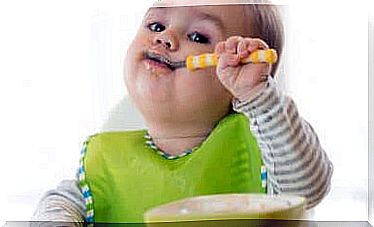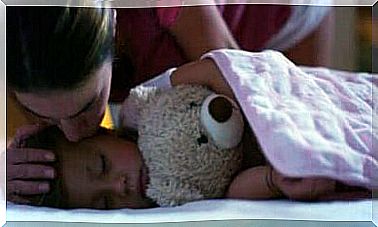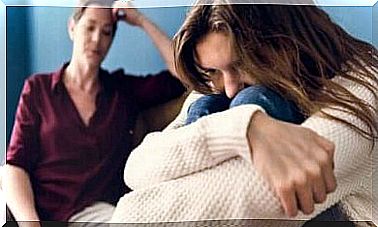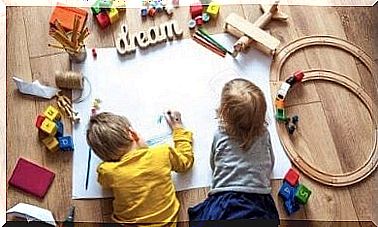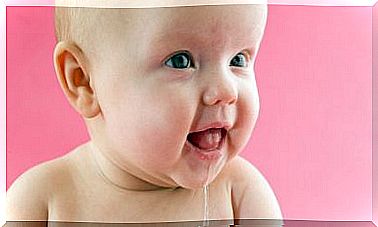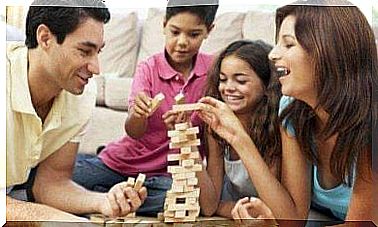6 Things That Happen When Kids Don’t Play
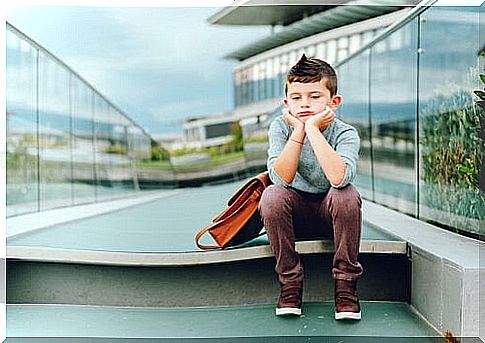
Playing is very healthy for children because it allows them to explore the world. Through play, children learn to imitate adults and test alternatives. They learn to experiment, solve problems, and develop their cognition and creativity. If children do not play, it can have a negative impact on their future.
Today, children are less and less likely to play. They often have a busy schedule, full of activities that take up all day. They don’t have time to play.
They don’t have time to play freely. It is important for the family to understand that play is learning. Playtime is fundamental to a child’s development.
What happens if children don’t play?
1. Little creativity and imagination
Creativity is essential in life. It is the key that makes us solve problems and deal with different situations. The world that children play as they play becomes real to them.
Children develop creativity through games. It has been proven that if children do not play, their ability to generate original thoughts is reduced.
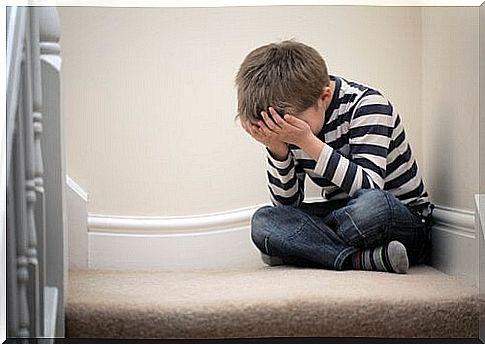
2. Lack of independence and independence
As children grow up, they have to become less dependent on their parents and develop more independence.
Games are a kind of training for this independence. If children do not play, they can become dependent and insecure.
3. Shyness
Children who do not play from a young age are often shy and insecure. They doubt everything they do and feel ashamed of every situation they are exposed to.
Often this is because of the parents who always tell the child what to do. They also reprimand the child when things don’t go well.
These are children who are not given the space to play freely, to unleash their energy and potential, or to discover their talent.
4. Difficulty getting along with others
Play contributes to the development of social skills. Most of the social skills a person needs to succeed in life are acquired through play as a child.
Through play, children learn to control themselves, to negotiate, to cooperate, to wait and to share. When children don’t play, they become withdrawn, self-centered people.
5. Immature Emotional Development
Play is essential for children’s emotional development. Games that require them to use their imagination are fundamental, because children learn so much about themselves and learn to express their emotions without limits.
They imagine themselves overcoming obstacles and fears, and triumphing in dangerous situations. So these visualizations become real experiences that enrich them.
Play makes children feel strong and independent, which is why it is good for their emotional stability.
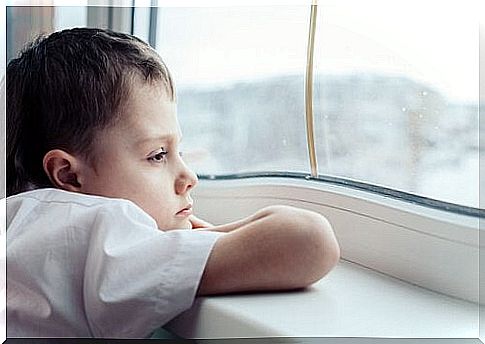
6. Bad behavior
In many cases, children’s bad behavior is a direct result of not being given a chance to play. Children release tension during games. Play has a relaxing function, so when children are not playing, the tension has to be released in another way.
Alarm bells are ringing among psychologists: computer games impose many restrictions and offer little enrichment. While video games can be complementary, it’s important to play freely with no set rules.
You prefer to alternate times of playing yourself with times that he shares with other children.
